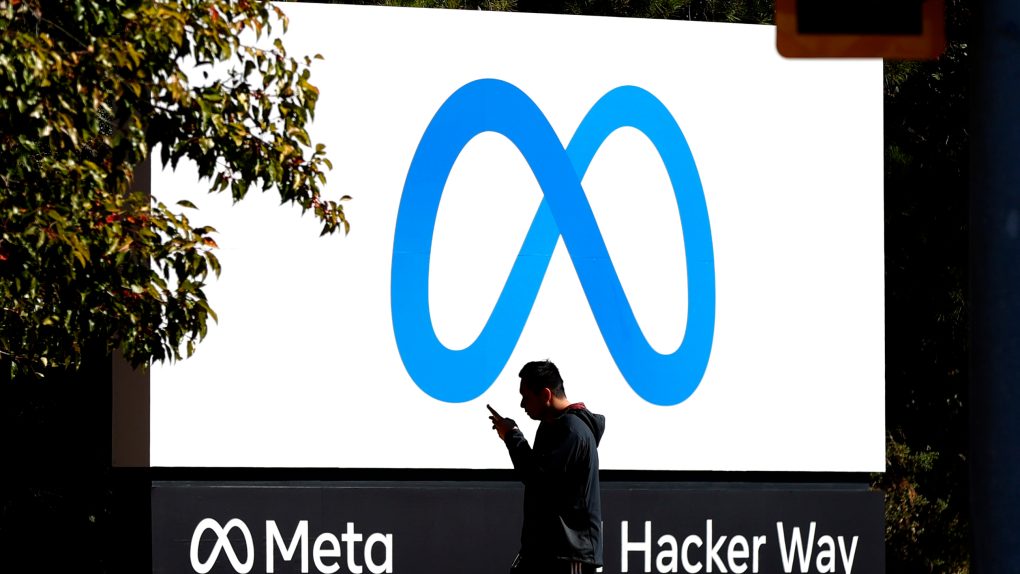Generative AI might upend society as we know it or fail to have much of a substantive impact on our lives, but as long as it continues to make headlines, the biggest tech companies on the planet will continue to stake their claims. In recent weeks, Microsoft and Google have thrown their hats in the ring with their Bing and Bard chatbots. Now it’s Meta’s turn, as the company behind Facebook announced LLaMA (Large Language Model Meta AI) on Friday.
Meet LLaMA, Meta’s large language model
On Facebook’s AI blog, Meta describes LLaMA as a “foundational large language model designed to help researchers advance their work in this subfield of AI.” In other words, LLaMA is not coming for ChatGPT’s throne. Rather, Meta wants researchers to utilize LLaMA to better understand how and why large language models work as well as why they sometimes don’t.
LLaMA comes in four different sizes: 7 billion, 13 billion, 33 billion, and 65 billion parameters. Even the smallest model is said to beat OpenAI’s GPT-3 “on most benchmarks.”
“Even with all the recent advancements in large language models, full research access to them remains limited because of the resources that are required to train and run such large models,” Meta explains. “This restricted access has limited researchers’ ability to understand how and why these large language models work, hindering progress on efforts to improve their robustness and mitigate known issues, such as bias, toxicity, and the potential for generating misinformation.”
Although Meta did not name any specific large language models, the toxicity of Bing’s AI chat has made headlines repeatedly in recent weeks. We saw Google’s Bard provide incorrect information in its first public demo as well, causing Alphabet shares to plummet.
Unlike ChatGPT and Bing, which are both available to the public, Meta is releasing LLaMA under a noncommercial license focused on research use cases. Meta will grant access to the model on a case-by-case basis to researchers, institutions, and labs.
If you want to learn more about LLaMA, check out Meta’s research paper here.








